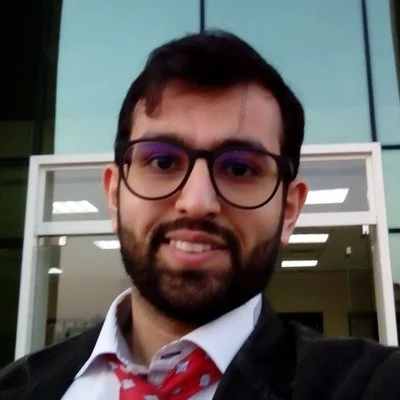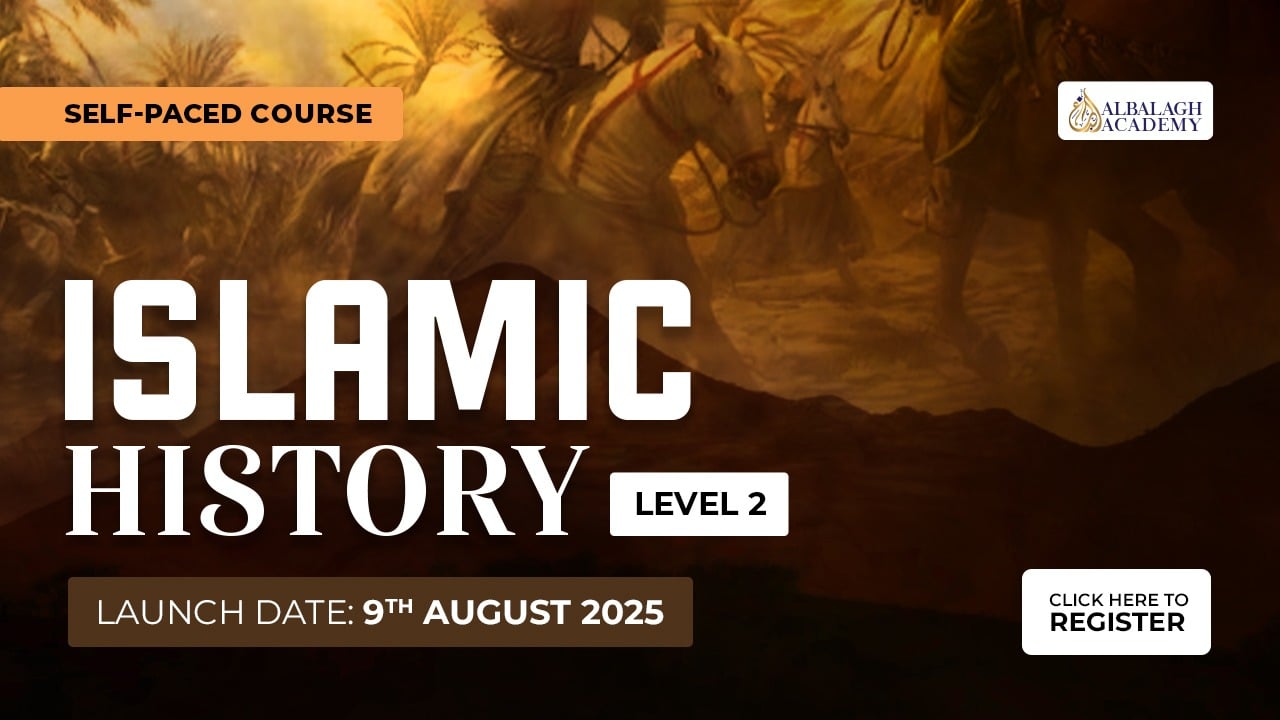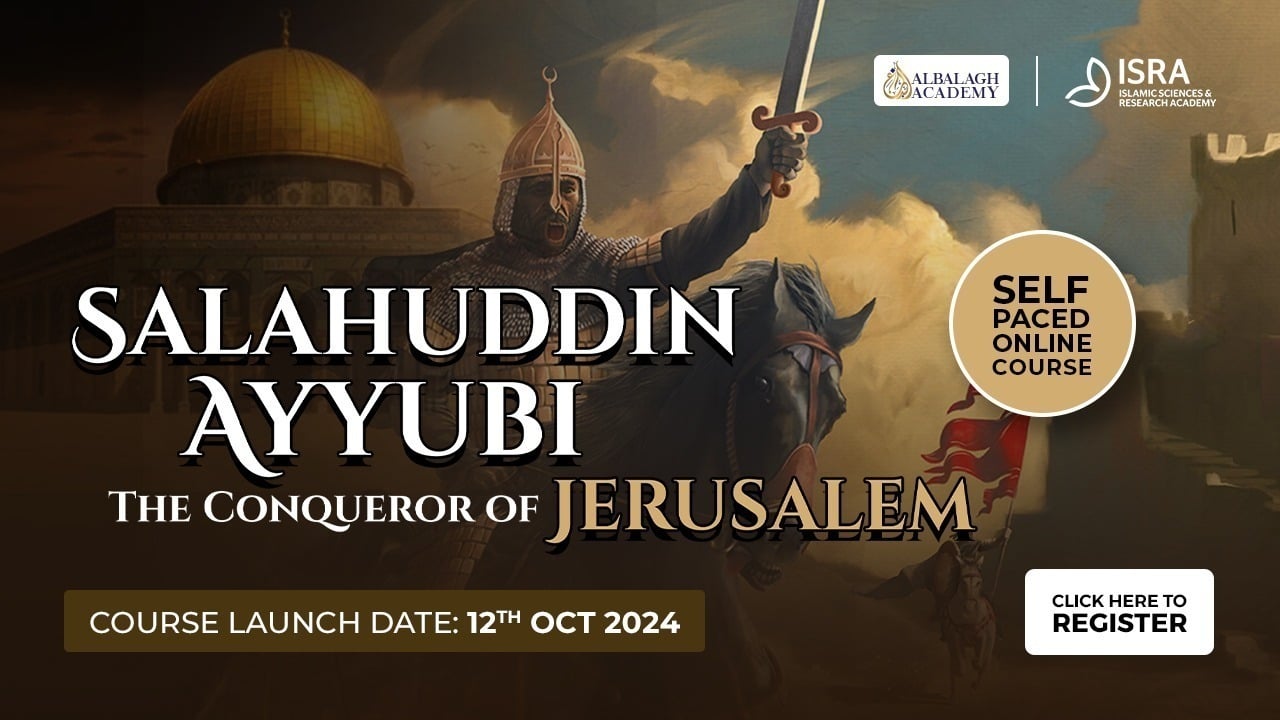A History of Western Philosophy
About The Course
In this 12-week course, students will journey through the rich tapestry of Western philosophy, starting from the foundational ideas of the Presocratic, moving through the classical thoughts of Plato and Aristotle, and delving into the intricate debates of mediaeval, rationalist, empiricist, and contemporary philosophers. Utilizing Philosophy and Philosophers: An Introduction to Western Philosophy by John Shand as the primary text, the course aims to equip students with a comprehensive understanding of the major tenets and evolutions of Western philosophical thought, preparing them for deeper academic explorations in the field.
Course Team

Dr Shoaib Ahmed Malik
(A scholar and Visiting Researcher at St. Mary’s University, Twickenham (UK))
12 Live Online Sessions
Duration : 12+ Weeks
Saturday, 3PM - 4:30PM (London, UK)
Video Recordings Available

Access to Mobile App
Personalised Feedback
Digital Certificate
From £14.99/Month
(For 4 Months)
Enroll Now
Starts on 6th January 2024
Course Fee
Pay in Full: £79.99 £59.99
Pay In 4 Installments: £14.99 per month
Registration Deadline:
5th January 2024
Al Balagh Scholarship
AlBalagh Scholarship is available for learners who cannot afford the fee.
Sessions
Course Overview
Dive deep into the intricate world of Western philosophy with this comprehensive 12-week course. Spanning from the ancient musings of the Presocratic to the cutting-edge debates of contemporary thinkers, this course offers students a holistic understanding of the evolution and impact of Western philosophical thought.
Beginning with the foundational ideas of Heraclitus, Pythagoras, and other Pre Socratic thinkers, students will explore the transition from mythological narratives to rational explanations of the cosmos. The course will then guide participants through the monumental contributions of classical philosophers like Plato and Aristotle, shedding light on their enduring legacies and their profound influence on subsequent intellectual traditions. The mediaeval period, marked by the synthesis of religious beliefs and philosophical principles, will introduce students to the works of Augustine, Aquinas, and the challenges of reconciling faith with reason.
As the course progresses, students will delve into the modern era, exploring the dichotomies of rationalism and empiricism, and the revolutionary ideas introduced by philosophers like Descartes, Spinoza, and Hume. Kant's transcendental idealism and his challenge to traditional epistemological frameworks will pave the way for discussions on post-Kantian German thought, analytical philosophy, and the existential and phenomenological movements of the 20th century.
Utilizing “Philosophy and Philosophers: An Introduction to Western Philosophy” by John Shand as a foundational text, the course aims not only to impart knowledge but also to cultivate critical thinking, analytical skills, and a genuine appreciation for the rich tapestry of ideas that have shaped Western intellectual history. By the end of this journey, students will be well-equipped to engage with philosophical debates, understand the historical context of key philosophical movements, and apply philosophical principles to contemporary challenges and dilemmas.



Learning Outcomes
- Comprehension of Historical Progression: By the end of the course, students will be able to trace the chronological development of Western philosophical thought, recognizing key shifts from the Pre Socratic era to contemporary philosophical movements.
- Analytical Skills: Students will develop the ability to critically analyse and evaluate the central arguments, concepts, and methodologies presented by major Western philosophers, demonstrating a deep understanding of their significance and implications.
- Integration of Philosophical Traditions: Students will gain the proficiency to compare and contrast the ideas of different philosophical schools of thought, understanding their interrelations and divergences.
- Articulation of Complex Ideas: Through discussions, reflections, and written assignments, students will hone their skills in articulating complex philosophical ideas clearly and coherently, both in written and verbal formats.
- Application to Contemporary Issues: Students will be equipped to apply the philosophical principles and theories studied to contemporary ethical, metaphysical, and epistemological questions, showcasing their relevance to modern-day challenges and debates.

Frequently Asked Questions
Are Al Balagh courses recognised or accredited?
Al Balagh courses do not provide an externally accredited or recognised qualification. Our own expert team works at the course content. With over 38000+ learners, we are continuously growing and our vision is to make Al Balagh qualifications renowned worldwide through our expert team, without seeking formal accreditation or recognition from external institutional bodies.
How is this online course structured?
When will I have access to the online course material?
Will I get notification for live sessions?
Is it mandatory to attend live sessions?
I missed a live session. Can I get the video recordings?
If you are unable to attend a live session or have missed it, you can view recorded sessions on your course dashboard. You can access all the completed Recordings, PPT and assessments anytime.
Can I download the recordings and watch it offline?
Do I get marks for watching course recordings and presentations?
There are no additional marks for watching the course recordings. Only the module Assessments and the final exam add up to the final score.You can check the individual scores of your Assessments under the Progress tab of myAlBalagh.
I have doubts but I cannot attend the live session. Any other way to ask my questions?
When will the final exam be held?
How do I interact with my classmates?
How long will I have access to the online course?
I am facing trouble signing into the “myAlBalagh” Online Student portal. What should I do?
How can I apply for the Al Balagh Scholarship?
Are Al Balagh courses recognised or accredited?
Al Balagh courses do not provide an externally accredited or recognised qualification. Our own expert team works at the course content. With over 38000+ learners, we are continuously growing and our vision is to make Al Balagh qualifications renowned worldwide through our expert team, without seeking formal accreditation or recognition from external institutional bodies.



